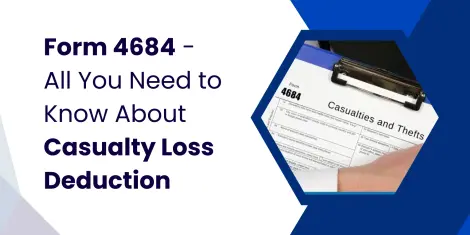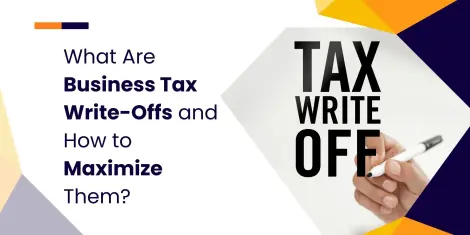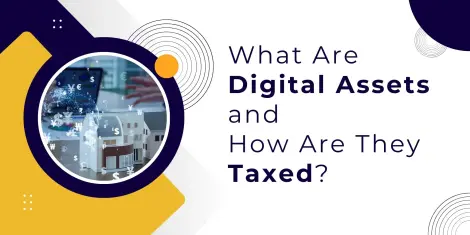Table of Contents
Introduction:
Filing taxes is an essential annual responsibility for individuals and businesses alike. It ensures that the government receives the necessary funds to provide public services. However, for many taxpayers, the possibility of receiving a tax refund is a welcome incentive. If you're wondering whether you can still obtain an IRS refund for the year 2019, this blog post aims to shed light on the subject and guide you through the process.
Understanding Tax Refunds:
Before diving into the specifics of obtaining a refund for the year 2019, let's first understand what a tax refund is. A tax refund is an amount of money returned to a taxpayer by the Internal Revenue Service (IRS) when the taxpayer has overpaid their taxes. Overpayment typically occurs when the taxes withheld from an individual's paycheck throughout the year exceed their actual tax liability. Understanding tax refunds is crucial as they represent overpaid taxes that the IRS returns to taxpayers, typically when the taxes withheld exceed their actual tax liability for a given year.
Refund Statute of Limitations:
The statute of limitations plays a crucial role in determining whether you can still claim a tax refund for a specific year. Generally, you have three years from the original filing deadline to claim a refund. For example, for the 2019 tax year, the original filing deadline was April 15, 2020. Consequently, the deadline to claim a refund for 2019 taxes was April 15, 2023. But the three-year window for 2019 unfiled returns was postponed to July 17, 2023, due to the COVID-19 pandemic emergency. IRS Notice 2023-21, issued on Feb. 27, 2023, provided legal guidance on claims made by the postponed deadline. The refund statute of limitations provides a window of opportunity for claiming tax refunds, typically three years from the original filing deadline, with exceptions for extensions and unfiled returns.
Exceptions to the Statute of Limitations:
Although the statute of limitations typically restricts the timeframe to claim a refund, there are exceptions to be aware of. If you were unable to file your tax return by the original deadline, you may be eligible for an extended statute of limitations. This often applies to individuals who requested an extension to file their taxes. In such cases, the statute of limitations is extended by six months, giving you additional time to claim your refund.
Additionally, if you didn't file a tax return for the year in question, there is no statute of limitations on claiming a refund. However, keep in mind that the IRS won't issue a refund if you owe taxes for any other year. Therefore, it's crucial to ensure all your tax obligations are met before pursuing an unclaimed refund.
The Process of Claiming a Refund:
If you believe you're entitled to a refund for the 2019 tax year, follow these steps to begin the claims process:
- Gather the necessary documentation: Collect all relevant tax documents, including W-2s, 1099s, and any other forms related to your income and deductions for the year 2019.
- Prepare your tax return: Use the appropriate tax forms for the 2019 tax year and complete them accurately. Ensure that all income, deductions, and credits are properly reported.
- Submit your tax return: Once your tax return is completed, you can submit it to the IRS. If you're filing a paper return, ensure that it is postmarked on or before the extended deadline (if applicable) or the current date if no extension was requested.
- Monitor your refund status: After filing your tax return, you can check the status of your refund through the IRS website or by calling the IRS Refund Hotline. Be prepared to provide your Social Security number, filing status, and the exact refund amount.
Conclusion:
At NSKT Global, we understand the importance of maximizing your tax benefits and refunds. If you're still unsure about claiming an IRS refund for the 2019 tax year, we're here to help. Our team of experienced tax professionals can guide you through the process, ensuring accuracy and efficiency in your refund claim.
Remember, the statute of limitations may limit your ability to claim a refund, so it's essential to act promptly. By partnering with NSKT Global, you can leverage our expertise to navigate the complexities of tax regulations, ensuring you receive the refund you deserve.
With NSKT Global, you can expect personalized attention, professionalism, and a commitment to achieving optimal results for our clients. Our goal is to minimize your tax liability and maximize your refund, providing you with peace of mind and financial security.
Don't let your hard-earned money go unclaimed. Contact NSKT Global today and let us assist you in claiming your potential IRS refund for the year 2019. Our dedicated team is committed to helping you optimize your financial situation and achieve peace of mind.







